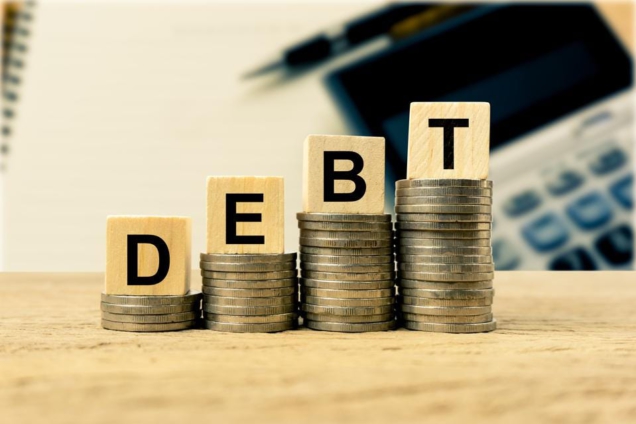The term “Debt Exchange Programme” has become one of the most used terms in the Ghanaian media space recently. This term is being used by people in politics, government officials, and even financial experts about how the government of Ghana will handle the debt accumulated over the past few years. Some are of the belief that it is due to this huge debt that the country is in a financial crisis. The government of Ghana through its Ministry of Finance announced the debt exchange programme, named the Domestic Debt Exchange Programme (DDEP).
This announcement caused much commotion, especially in the labour sector and some unions threatened the government with strikes and other necessary actions if some of the programme’s policies are not amended. But the sad note of it is that many ordinary Ghanaians do not even know what this is and what the Debt Exchange Programme is really about.
What Are Bonds?
The government in every country borrows money from its citizens and internationally to help run the country’s economy. It is even a common practice in advanced countries as well.
The government through intermediaries such as banks and other financial institutions issues debt instruments called government bonds. The government promises ordinary citizens profit if they lend their money to them over a stipulated period.
What The DDEP is All About
Now what the government of Ghana seeks to do with this exchange programme is to amend the interest it promised ordinary Ghanaians who loaned their money to the government and the duration in which they will get their interest and principal back.
In simple terms, the government wants existing bondholders to come and exchange their bonds for new ones, thus cancelling the period the older bond has been active for and along with it, the principal and interests that must be paid. This is to reduce domestic debt. For example, if you had a bond as of January 1, 2021, and it is supposed to mature in 2024, the government is now promising you four different bonds agreement which is expected to mature in 2026, 2028, 2031 and 2036. You are expected to earn 0 profit the following year, 5% in 2023 and 10% in 2024, which will continue till the maturity of your bond.
Why The Outcry?
Why are citizens and labour union are kicking against this initiative by the government? The argument and outcry are about inflation how money keep depreciating over the period of time. Even though those who buy bond will receive their principal and money back but the future date will force the money to reduce it value. So, in the early part of 2022, 5kg of rice was GHS35 to 40 but it now ranges from GHS75 upwards. In other words, a car that cost about GHS50,000 will cost about GHS100,000 in the next five to six years. Also, some bondholders live on the interest they receive from their bonds and not getting the interest in time will affect their livelihoods.
Initially, the government stated that the programme will affect private banks and investment companies, insurance schemes, pension funds, and non-resident investors. But after the announcement of this, the labour commissions in Ghanathreatened the government to exclude pension funds which could have affected almost all the public workers in Ghana. Now the government has included individual bondholders in the programme who were not initially part of it.
The government of Ghana has not yet stated the alternative for those who do not subscribe or agree to this exchange programme. Some are stipulating that the consequences of not agreeing to this will be dire and they will be better off when they sign. Some people buy bonds because they want to save their principal and others want to keep their principal while they feed on the interest that the bond generates. So, will the government of Ghana be cruel to the citizens it is meant to protect? Will politicians keep on borrowing recklessly and still not be accountable while the ordinary Ghanaian still suffer at their mercy? I believe the finance ministry can come up with an idea that will not be dire to people who have loaned their monies to the government to help boost the economy.

